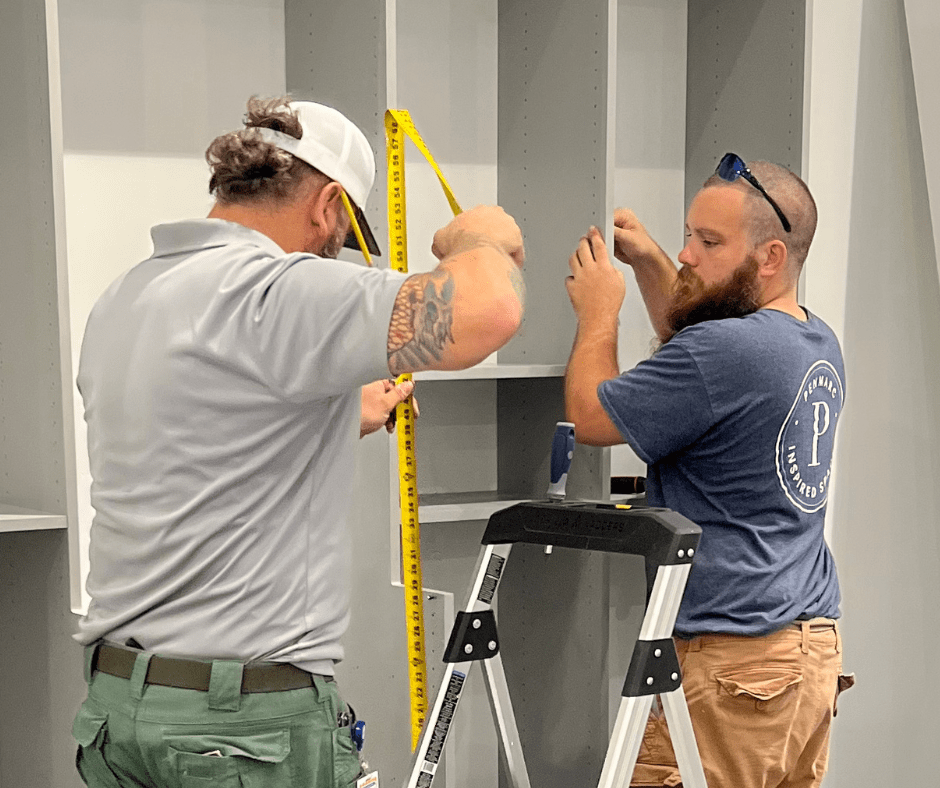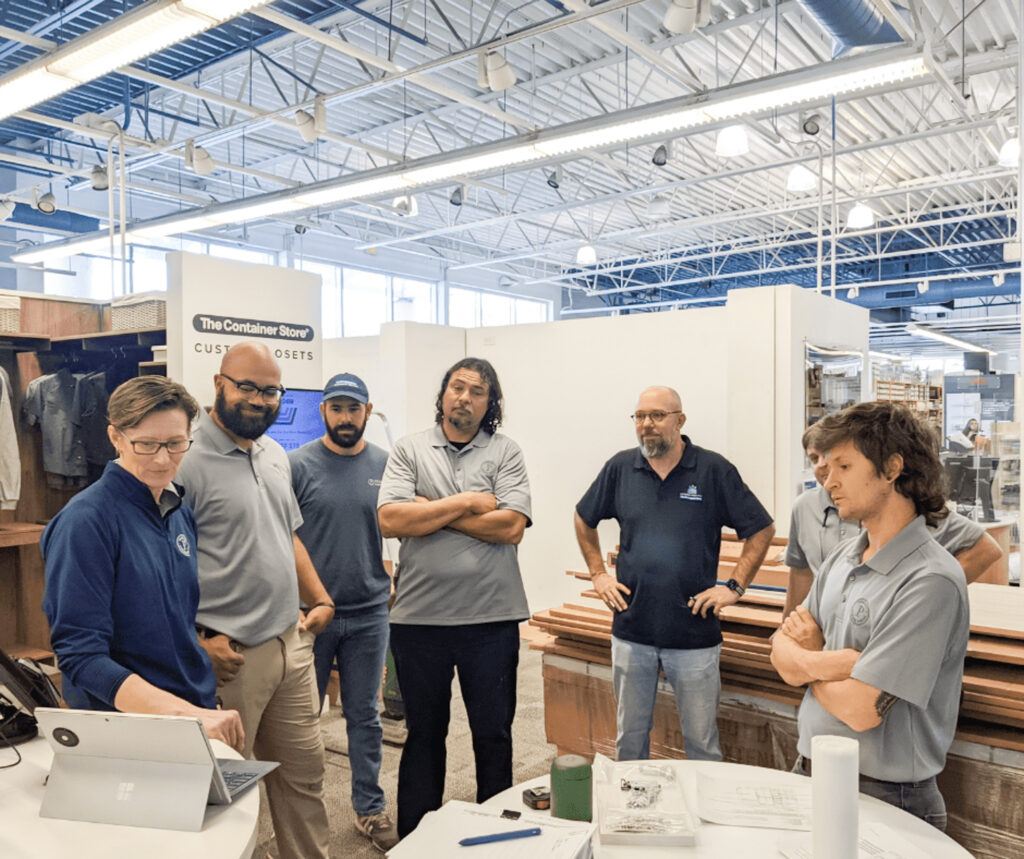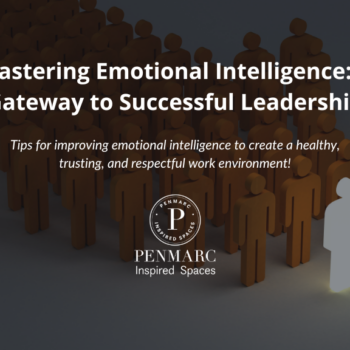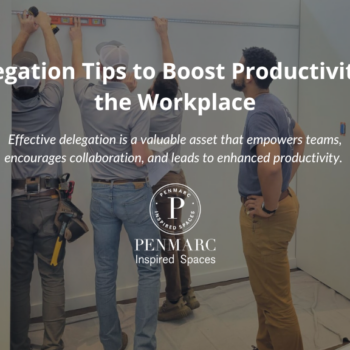Whether it’s with a client, customer, or coworker, we’ve all dealt with difficult situations at work requiring conflict resolution. Resolving conflicts is a skill that is useful in both your personal and professional life. By understanding different viewpoints, you can create solutions that benefit everyone.
Resolving conflict is more than finding answers — it’s about creating a healthy workplace environment where everyone involved can maximize their potential. Here are some tips and strategies to help with resolving conflicts effectively.
Maintain Composure and Practice Empathy
When confronted with conflicts, maintain your composure and clear your head before approaching the situation.
By keeping your cool, you can prevent the escalation of emotions, arguments, and confrontations.
Simultaneously, try to understand the other party’s perspective. Empathy helps you grasp the underlying reasons for the other person’s behavior, fostering open-mindedness and creating a foundation for better communication.
If necessary, try holding the conversation in a more private setting. Finding an area where you can speak one-on-one will help you both speak more freely and express your concerns without distractions.

Communicate Effectively by Active Listening

Active listening serves as a cornerstone of effective communication. When engaging in conversation, listen attentively to the other person’s narrative. Demonstrating genuine interest through your demeanor and body language conveys respect and further shows your commitment to understanding their viewpoint.
When practicing active listening, pose clarifying questions to ensure a full grasp of their perspective. This contributes to defusing tension and creating an environment welcoming more productive and fruitful dialogue.
As you strive to express your thoughts during these discussions, try adopting an assertive yet non-confrontational approach. Clear articulation of your concerns, coupled with the use of considerate and respectful language, facilitates effective problem-solving. Use the power of your words to promote a two-way exchange of ideas, inviting the other party to reciprocate.
Implement this balanced and well-crafted communication method, and you’ll discover how much easier it is to address concerns successfully while nurturing an atmosphere of mutual understanding.
Collaboration, Feedback, and Self-Care
Seeking common ground and exploring alternative solutions are essential steps in resolving conflicts. Identify shared goals or areas of agreement to build upon, fostering collaboration and compromise.
If conflicts persist, involving a neutral third party like a manager or HR representative can facilitate resolution. Regular feedback, given constructively, is vital for addressing issues promptly and maintaining a healthy work environment.
Lastly, remember the bigger picture. Your ultimate goal is to create and maintain a productive workplace. When needed, prioritize self-care to manage your own emotional strain. Engage in stress management techniques, set boundaries, and recharge outside of work to handle challenging situations more effectively, should they arise.

Resolving conflicts takes time and effort by every party involved. When you approach difficult situations with patience, empathy, and a willingness to find common ground, you can improve working relationships and foster a positive work environment.
To learn more about Penmarc Inspired Spaces and what we’re all about, click the link below!


